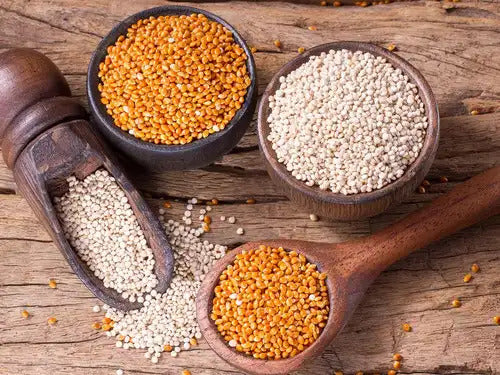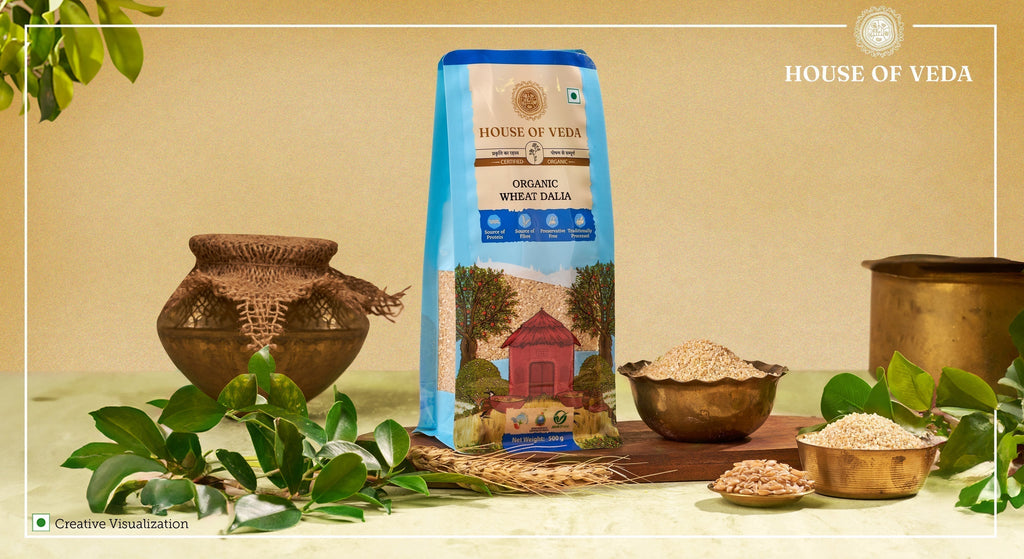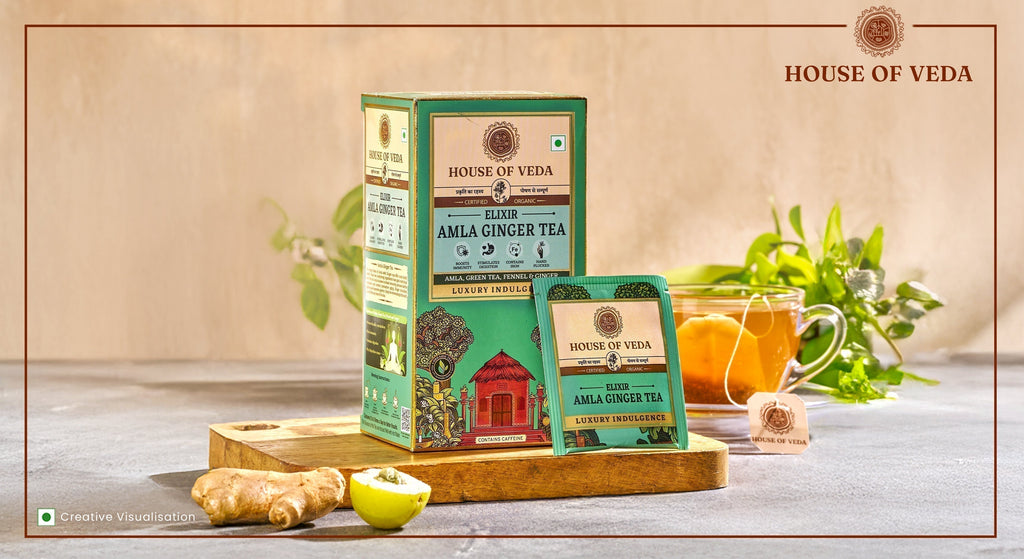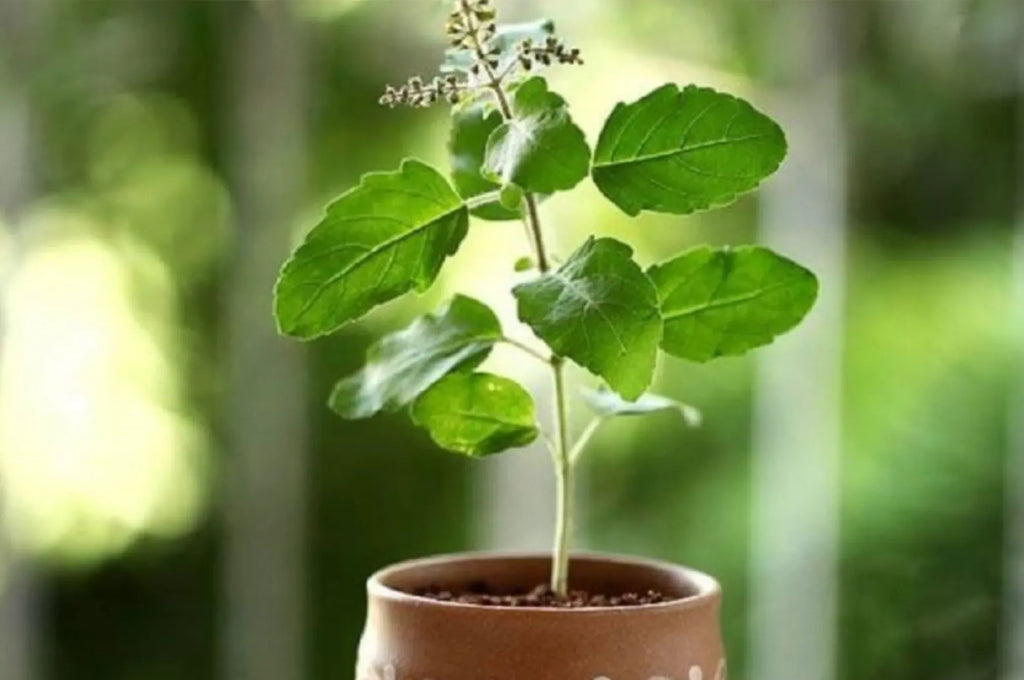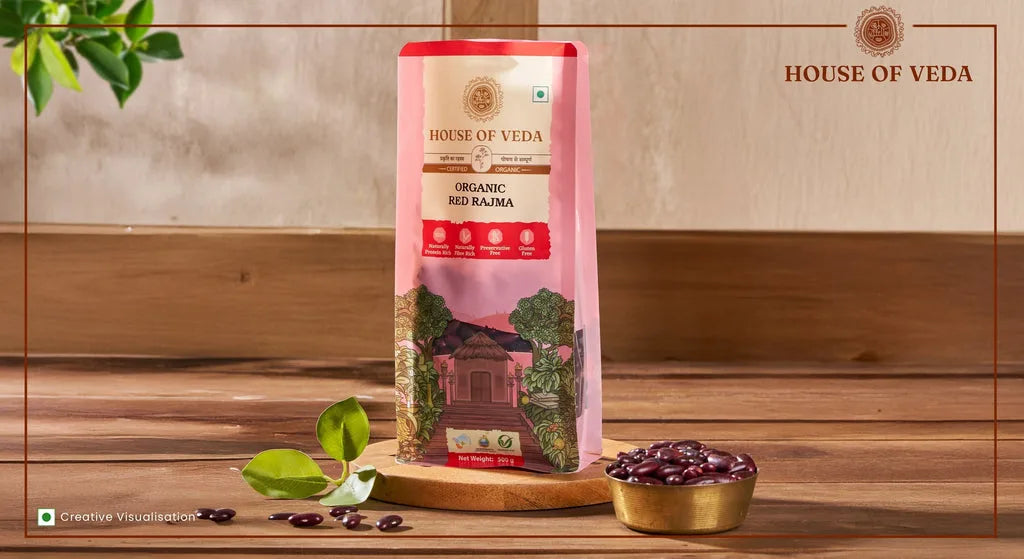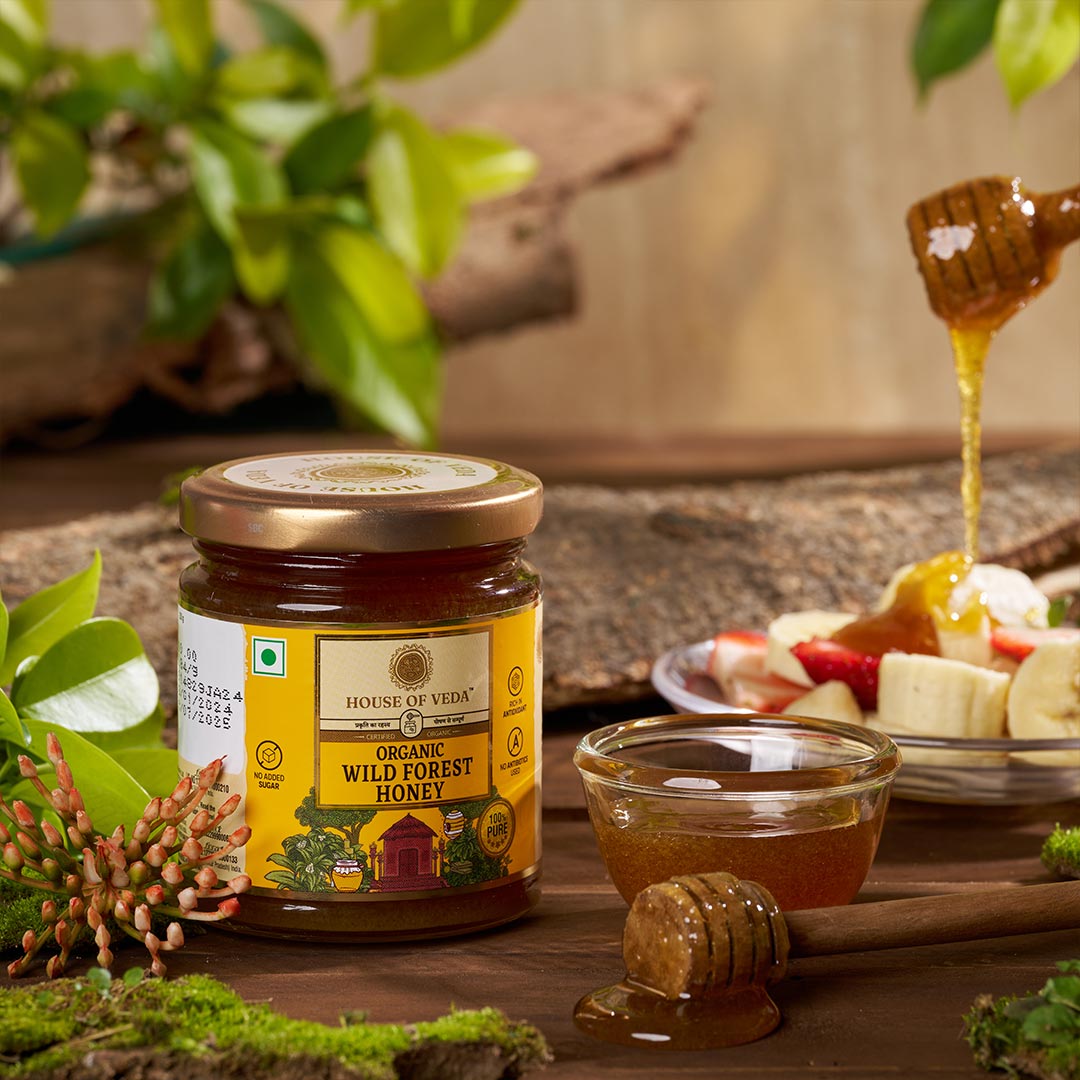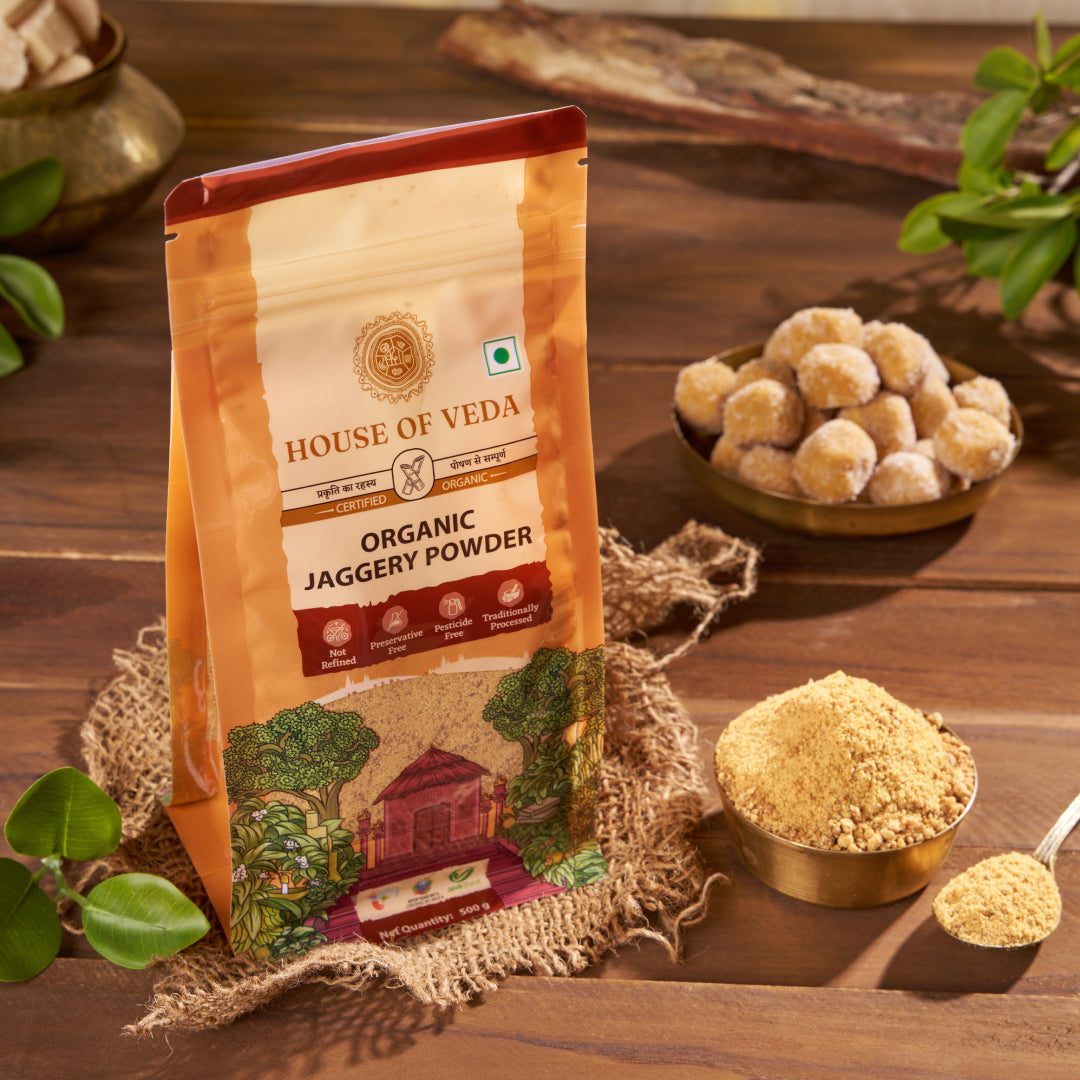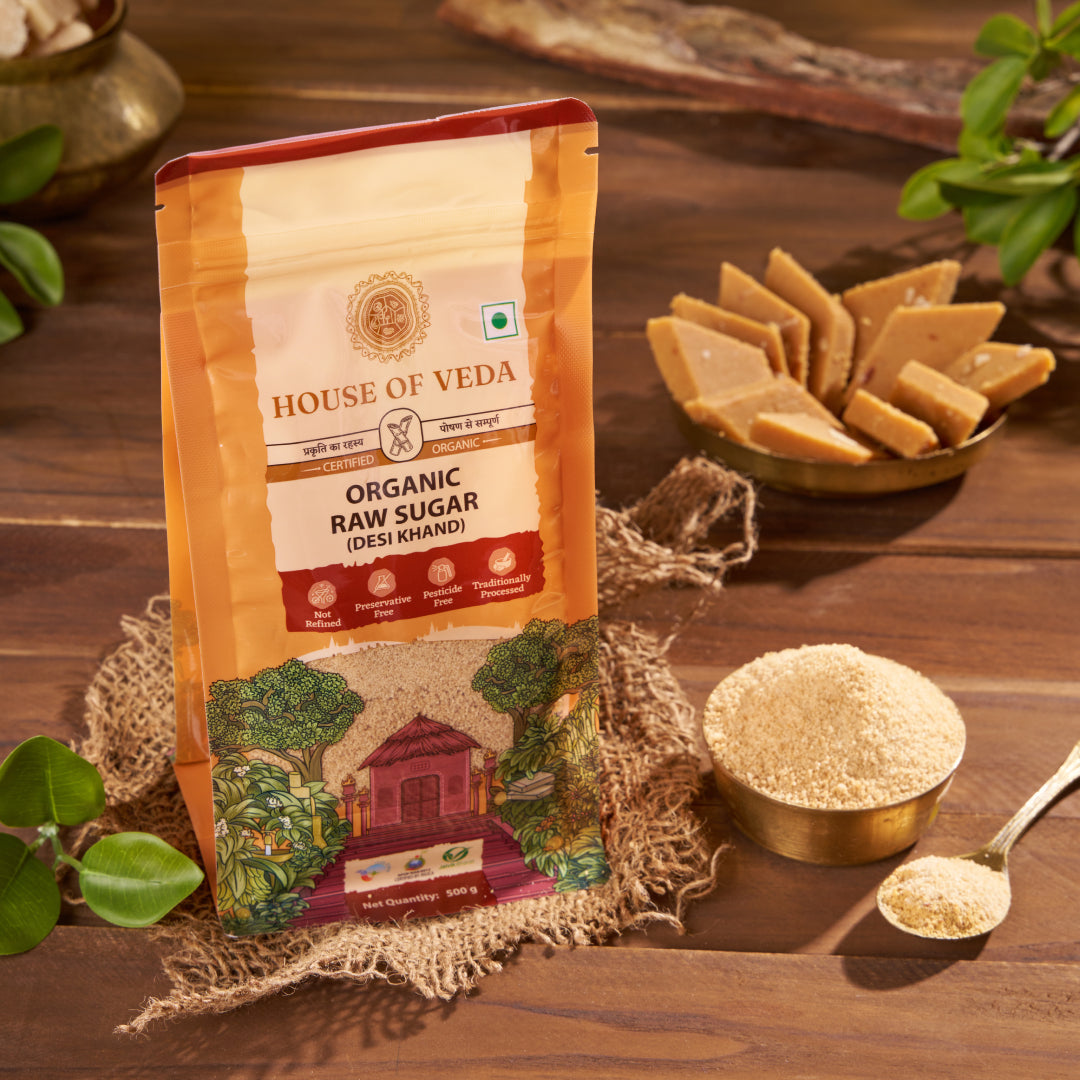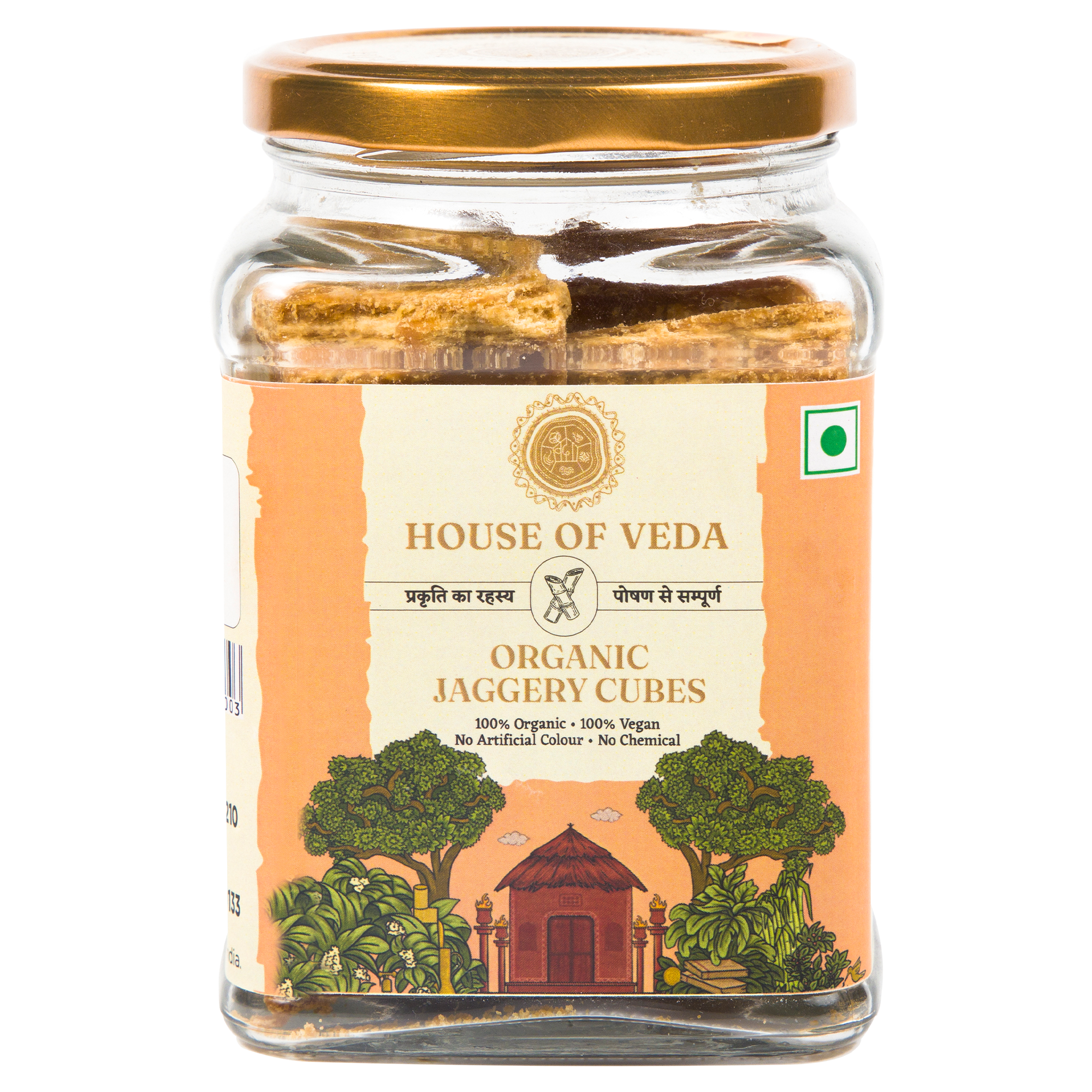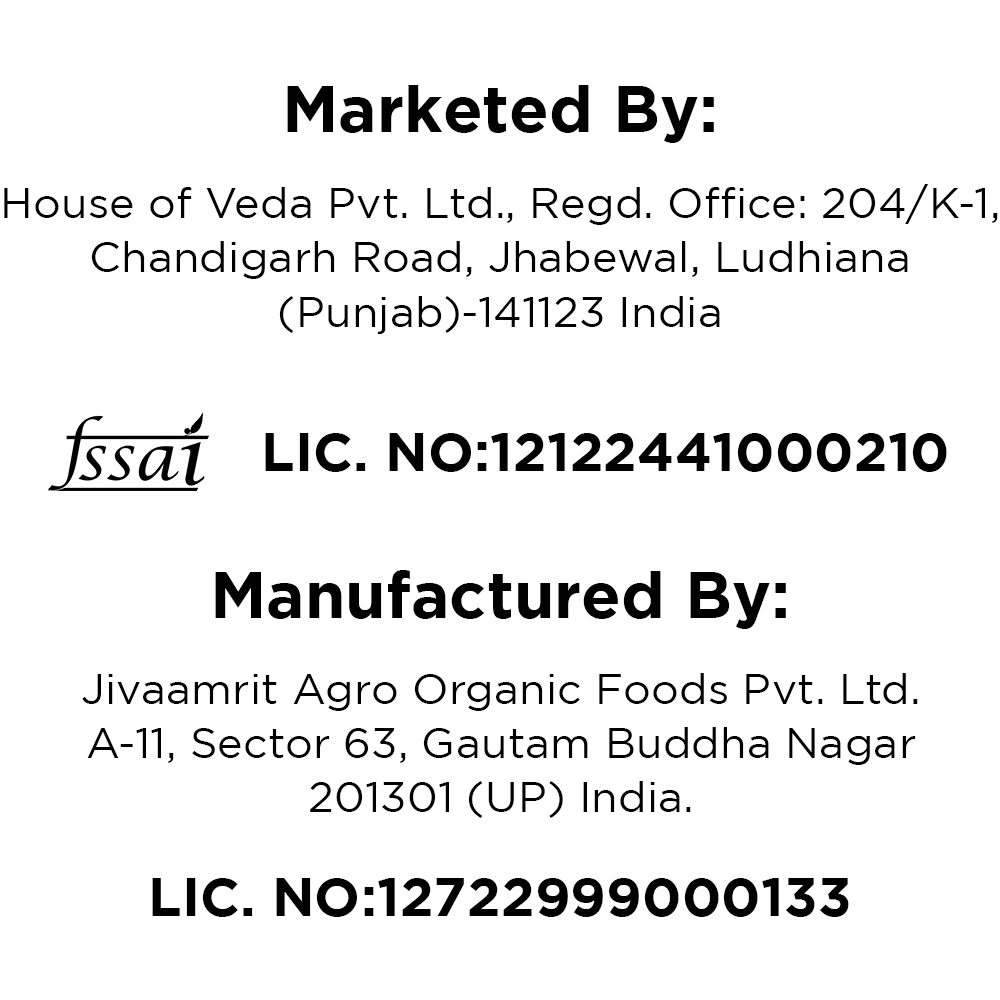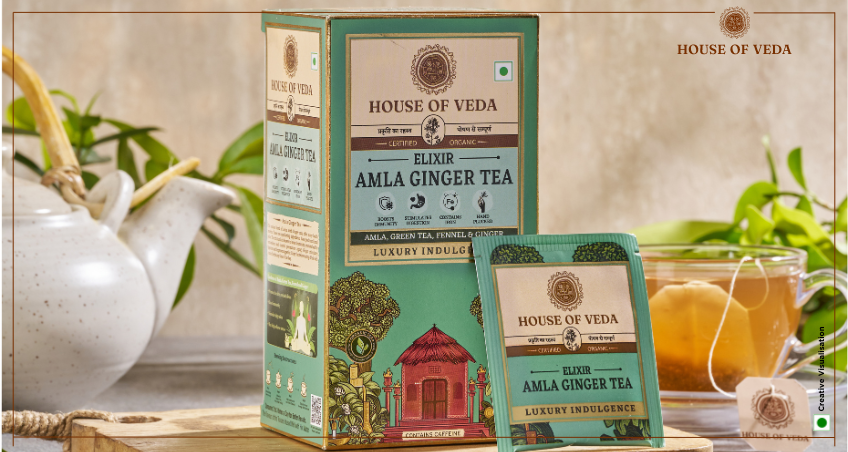
Tea Shelf Life: Does It Expire?

Since ancient times, tea has been cherished worldwide, offering various flavours to suit every taste and need. It's crucial to understand how long your favourite teas will remain on the shelf, regardless of whether you are looking for a tea to help you relax and de-stress, require a mix to boost your metabolism, or need a soothing cup for healthy resource digestion. However, tea enthusiasts frequently ask one question: Does tea expire, or does tea go bad?
Factors Affecting Tea Shelf Life
Here are some key things that affect how long tea bags and loose leaf teas stay fresh:
-
Storage Conditions: Keeping tea in good condition is essential to extending its shelf life. Tea should not be kept near heat sources to maintain its freshness. Heat causes the tea to spoil more quickly, which causes its flavour and aroma to fade earlier.
-
Exposure to Light: The quality of tea can be influenced by light exposure, including both indoor and outdoor lighting. It can cause the leaves to deteriorate quickly and lose their flavour. Tea can be kept fresher and protected from light by being stored in non-see-through packaging and boxes.
-
Packaging Material: Tea's freshness is influenced by its packaging. Superior tea bags that are sacheted or enclosed provide superior protection against external factors. Seek packaging with vacuum seals or materials that keep moisture and air out.
-
Moisture: Moisture is the enemy of tea's longevity. Store it somewhere dry to prevent it from getting soggy and perhaps developing mildew. This is particularly crucial given that organic teas and all infusion teas are extra sensitive to moisture.
-
Type of Tea: The variety of tea affects its freshness over time. Specialty blends such as Women Wellness Tea or organic teas such as Amla Tulsi Green Tea or Amla Ginger Green Tea typically have a longer shelf life than processed teas. Teas have amazing oils and flavors that are fleeting, so let's savor them while they are still pleasant and fresh.
Tips for Storing Tea
Ever wondered how to keep your favourite teas tasting as fresh as the day they were bought? Let's explore some easy yet powerful ways to guarantee that your tea maintains its flavour and appeal for cup after cup.
-
Storage Place: To maintain the benefits of tulsi tea and other types of tea, including green tea and tea bags, find a cool, dry, and dark place for storage. Avoid direct sunlight and heat sources like stoves, and keep tea away from humid areas such as the kitchen, where moisture can affect its quality.
-
Different Teas, Different Homes: Each tea variety, whether it’s tulsi tea, green tea, or tea bags, should be kept in its original container to preserve its unique flavour. This helps prevent flavour blending and maintains the quality of the tea
-
Handle with Care: Moisture can accelerate the deterioration of tea, including dry tea. When handling tea, keep your hands dry to avoid introducing moisture. Proper handling helps keep tea tasting fresh and preserves its benefits.
-
Keep the Air Out: Tea, whether it’s in tea bags or loose leaves, doesn’t need much oxygen. Minimise air exposure by sealing the container tightly. This helps maintain the flavour and crispness of your tea.
-
Air Circulation: In hot, humid climates, ensure some air circulation around your tea storage. Stagnant air can make tea, including green tea and tea bags, taste stale and lose its flavour.
-
Temperature Check: Store tea in a place with a consistent temperature, especially in areas with seasonal fluctuations. Tea prefers a stable environment to keep its flavour and benefits intact.
Tea Expiration Myths
Myth 1: Tea Never Expires
It’s often claimed tea lasts indefinitely, but in reality, tea doesn’t spoil. However, it stales that makes the brew flat and muted. There is no food-safety risk with it.
Myth 2: Drinking “Expired” Tea Is Dangerous
Many worry that consuming tea past its date causes illness; however, unless tea becomes moldy (from moisture ingress), it remains microbiologically safe. If the taste is bland, it’s better not be consume it.
Myth 3: Expiration Dates Guarantee Safety
Tea packaging often shows a “best before” date, but this is a quality guideline, not a safety cutoff; no pathogens thrive in dry, low‑moisture tea leaves.
Myth 4: All Teas Expire at the Same Rate
Shelf life varies by style: black teas (highly oxidized) can remain vibrant for up to 2 years unopened, while green and white teas (low oxidation) typically peak within 6–12 months due to delicate compounds.
Myth 5: Bagged Tea and Loose‑Leaf Age Equally
Loose‑leaf tea often stays fresher longer than tea bags because larger leaves oxidize more slowly and have less surface area exposed to air.
Understanding the Shelf Life of Tea Bags and Infusion Teas
Tea bags and loose leaf teas remain fresh for a while if stored correctly, but they eventually lose their quality. Tea bags can stay good for up to 24 months under proper conditions. Beyond this period, their flavour and aroma may diminish, although they won't spoil. To maximise the benefits of tulsi tea and other varieties, including green tea, it's best to use them within this time frame. Follow storage tips to extend your tea's shelf life and check for any signs of spoilage before brewing to ensure the best taste and health benefits.
Conclusion:
Welcome to the House of Veda, where we value the age-old knowledge that has withstood the test of time and welcome Mother Nature's restorative power. With each product we make, we hope to uphold those venerable customs even as utilising the boundless goodness that nature has to give.
Explore our carefully curated collection of organic groceries and teas to uplift and fill up your frame and soul. With the energizing kick of our Amla Ginger Green Teas and the comforting warmth of our soothing herbal blends of Calming Teas, every tea is a moderate reminder to take a second to loosen up, breathe deeply, and recognize the abundance of nature.
Join us on this journey back to your roots, where ancient wisdom meets modern wellness. Let the House of Veda be your guide to a life of harmony and vitality.
Experience the magic of Vedic knowledge with the House of Veda today.
FAQs
1. How Long Can Tea Be Kept For?
The shelf life of tea varies depending on a number of factors, including its type, storage methods, and packaging. There are organic tea bags with a 24-month shelf life, which ensures quality and freshness for a longer period of time.
2. Is It Safe To Drink Expired Tea?
Although the taste and freshness of tea may diminish over time, it usually doesn't become harmful past its previous date. The drinking experience might not be as satisfying due to decreased flavour and aroma. As long as the tea has been stored correctly and doesn't show any signs of mould or strange smells, it's generally safe to drink after its expiration date.
3. Does Unopened Tea Go Bad?
Exposure to light, air, and moisture can cause tea to lose its freshness and flavour even if it is kept unopened. Tea may maintain its quality for a longer period of time if it is kept in a dark, moisture-free area or when it is opened.
4. Do Tea Bags Go Bad?
It's true that tea bags have an expiration date. Their shelf lives range from 12 to 18 months or up to 24 months for some organic teas, depending on how they are packaged and stored. For best flavour and aroma, check the expiration date on the tea's box and use it before then.
5. Is It Harmful To Consume Expired Tea?
If there are no symptoms of mould growth or odd smells, it is usually acceptable to drink tea that has expired. Tea that has expired is probably not harmful, even though the flavour and aroma might not be as strong. As for the flavour, nonetheless, it is advised to drink tea within the recommended shelf life.
House of Veda stands by the V-E-D-A principles. Every blog we write and every product we offer is built on Verified Experience and Expertise. We are committed to Dependability and Authenticity, ensuring that our community receives nothing but the best in organic wellness."
"V-E-D-A" (Experience, Dependability, Authority, and Authenticity)


